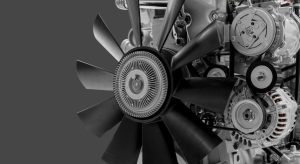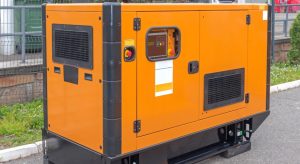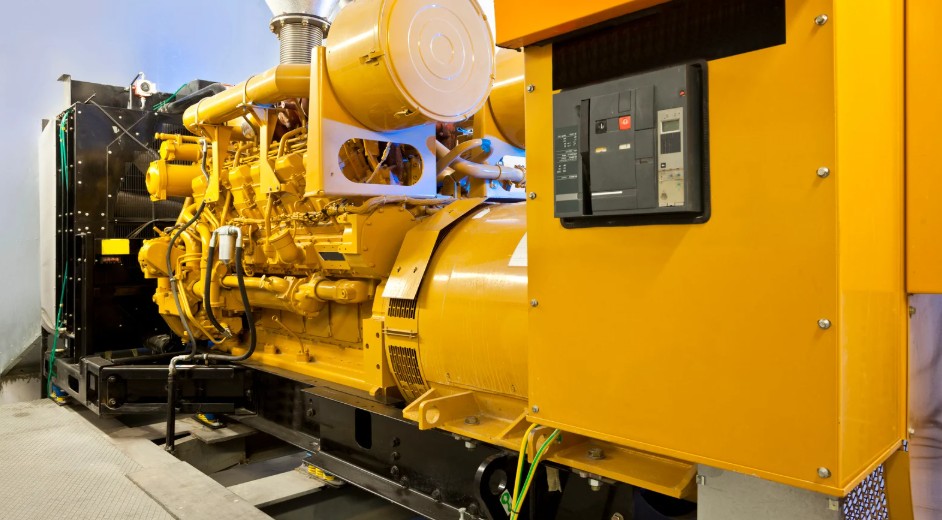As a cost-effective alternative to new engines, used diesel engines are essential in transportation to agriculture and construction industries. A careful review of key components and performance criteria is required to ensure optimal performance and longevity.
This guide helps buyers understand what main areas should be assessed when purchasing and help buyers make informed decisions and maximum returns from their investments by identifying factors that impact longevity.
Performance Indicators in Used Diesel Engines

Compression Levels
High compression is one sure way that fuel is ignited in diesel engines and is therefore a key factor when evaluating engine health. If low compression exists, it could indicate worn-out pistons or cylinders which can be costly repairs.
Oil Analysis
An engine oil is the best reflection of the internal health of your engine. There are contaminants you can check, metal shavings for example that will tell you that there was too much wear of internal components. Reliable used diesel engines usually have clean oil and well-maintained filtration systems.
Fuel Injector Condition
For combustion, precision fuel injection is necessary in diesel engines. Reduced performance, higher fuel consumption and higher emissions can all be caused by worn or clogged injectors. Such issues can be avoided by inspecting and testing of injectors.
Key Components to Inspect
Turbochargers
Turbochargers are a common installation of many diesel engine to improve power and efficiency. Look also for signs of wear that include too much play in the turbocharger’s shaft and oil leaks. An engine’s performance can be drastically impacted if your turbo is failing.
Cooling Systems
In older engines, overheating is a frequent problem. Examine radiator, water pump and hoses for leaking or clogging, without a good cooling system the engine is prone to damage during operation.
Cylinder Heads and Valves
Cracks or warping in the cylinder head can lead to compression loss, while worn valves could cause poor air and fuel mixture regulation since these issues affect power output and fuel economy.
Electronic Control Units (ECUs)
Today’s modern diesel engines have ECUs to maximise performance and when using diesel engines, verify that the ECU is functioning well as a failure might result in wasteful operation or system failure.
Factors That Impact Longevity

- Maintenance History: Engines serviced and well maintained tend to last longer. You should always request maintenance records from the seller.
- Usage Conditions: Engines that run at extremely high temperatures or heavy loads tend to wear out much faster than average.
- Fuel Quality: Carbon build-up and fouling components such as pistons, injectors, or filters can be caused by poor-quality diesel. Before buying, buyers should ensure that the previous owner followed fuel quality standards.
Common Upgrades for Used Diesel Engines
Upgrading certain parts will improve used diesel engines’ performance and lifespan. The fuel system is protected from contaminants that cause injector damage with high-efficiency fuel philtres.
Second is installing after-market cooling solutions such as larger radiators or electric fans to prevent overheating when running intensive operations. Performance chips improve fuel delivery and increase power output while maintaining reliability and guaranteeing longevity for engine runs with electronic control units (ECUs).
Conclusions
To keep it reliable, used diesel engines need to be evaluated thoroughly of component, and performance indicators. Knowing what to upgrade and how can maximise their value and lifespan. To get a reliable and efficient engine investment for personal or industrial purposes, one has to partner with reputable dealers and undergo thorough examinations.




